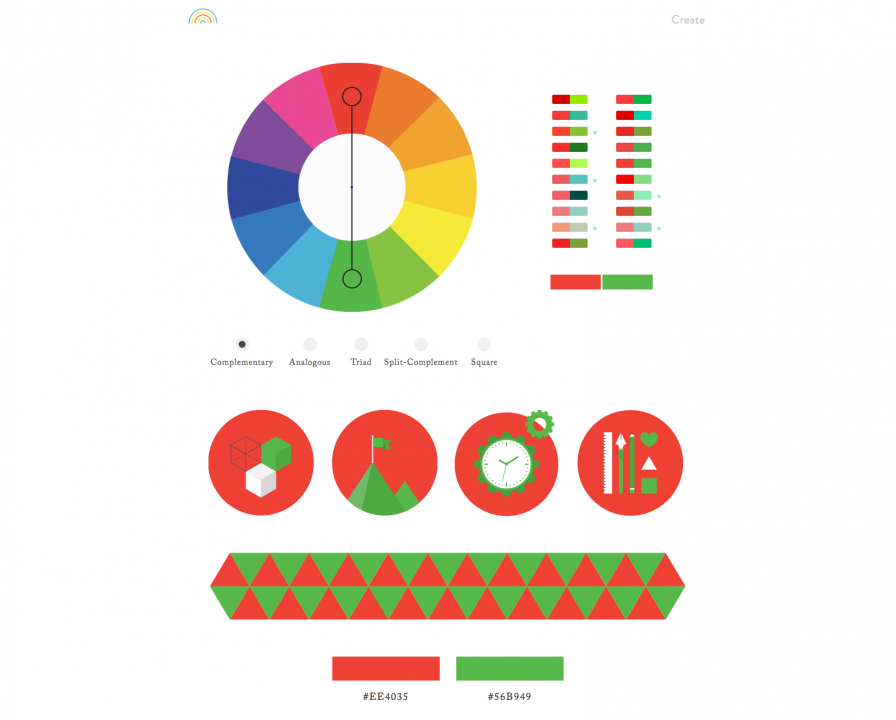慣 [惯] guàn
adjective | verb
: accustomed to; used to
: indulge; to spoil (a child)
Kun Reading
慣れ | なれ nare
noun | suru verb
: practice; experience
慣らす | ならす narasu
godan verb with su ending | transitive verb
: to accustom
慣れる | なれる nareru
ichidan verb | intransitive verb
: to grow accustomed (to); to get too familiar with; to get used (to)
: to become domesticated; to become tame
慣らう OR 倣う | ならう narau
godan verb with u ending | intransitive verb
: to imitate; to follow; to emulate
慣らし | ならし narashi
noun
: running-in; breaking in (e.g. engine, etc.); accustomizing
慣れた | なれた nareta
noun
: experienced; practiced; familiar
慣わす | ならわす narawasu
noun
: to make (someone) learn
慣れっこ | なれっこ narekko
noun | no-adjective | na-adjective
: being used to …; getting used to …; being accustomed to; being conditioned to; be familiar with
慣わし OR 習わし | ならわし narawashi
noun | no-adjective
: customary practice; habit; traditional event
On Reading
カン kan




